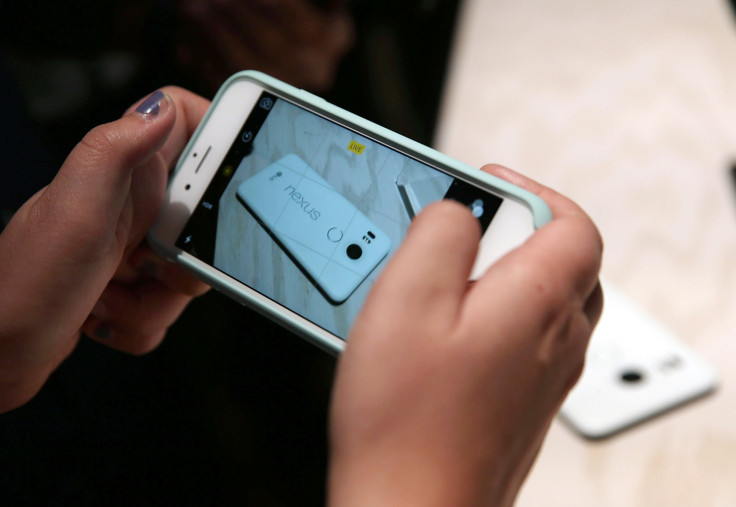Google Building Its Own Smartphone To Take Back Control Of Android: Report

Google plans to develop and build its own smartphone before the end of the year, according to sources speaking to the Telegraph, to help take back control of its mobile operating system, Android, from manufacturers like Samsung and Huawei.
According to the report, Google is already in talks with mobile operators about carrying the new smartphone — though there are no details about the phone itself. The Google-branded smartphone would allow the search giant to take full control of the mobile experience in the same way Apple does with its iPhone.
As part of a recent reorganization, Google created a single hardware division under the stewardship of former Motorola CEO Rick Osterloh, who will now oversee products like the Nest and Dropcam smart home products, Nexus smartphone and tablets, Chromecast dongles, the Project Ara modular smartphone and Chromebooks.
Google develops Android, the software that runs on over 80 percent of the smartphones in use around the world but relies on manufacturers to build the hardware. And those manufacturers increasingly look to cut Google out of the loop by adding their own tweaks to Google's software.
Google has already attempted to stop this by developing its Nexus program over the course of the last six years, partnering with selected manufacturers to produce smartphones and tablets, in a bid to highlight the best features of Android. This year the company is thought to be working with HTC for two new Nexus smartphones that will be launched before yearend.
Just last week a report from the Information website claimed Huawei is working on its own software as a Plan B in case Google changes the way Android works, specifically if it stops making Android as free and open as it is today.
Samsung has already tried to do something similar with Tizen, though it has failed to make any significant impact on the market so far, and while Microsoft tried to offer an alternative to Android and iOS, the Windows Phone simply could not grab any significant slice of the market.
The problem for Google is that unlike iOS, it struggles to get manufacturers and networks to regularly update the version of Android used on their customer's devices. For example, just 10 percent of Android smartphones currently use the latest version of the software — Android Marshmallow — which was released at the end of last year. By comparison, 84 percent of iOS devices have upgraded to the latest version of Apple's software since it was released last year.
“They are concerned that Android is fragmenting, that it needs to become a more controlled platform,” Ben Wood, an analyst at CCS, Insight told the Telegraph. “I think they’ll seek to control it more, more like Apple.”
© Copyright IBTimes 2025. All rights reserved.




















